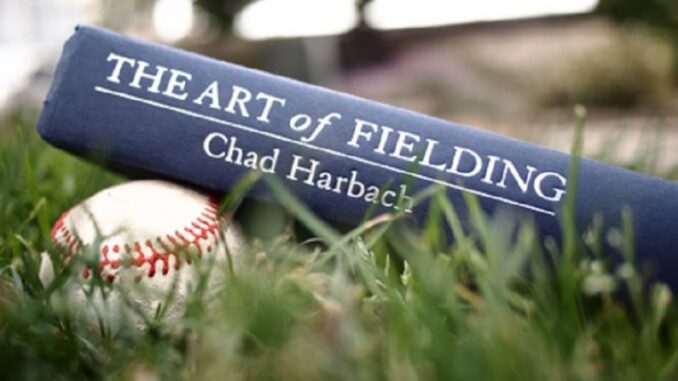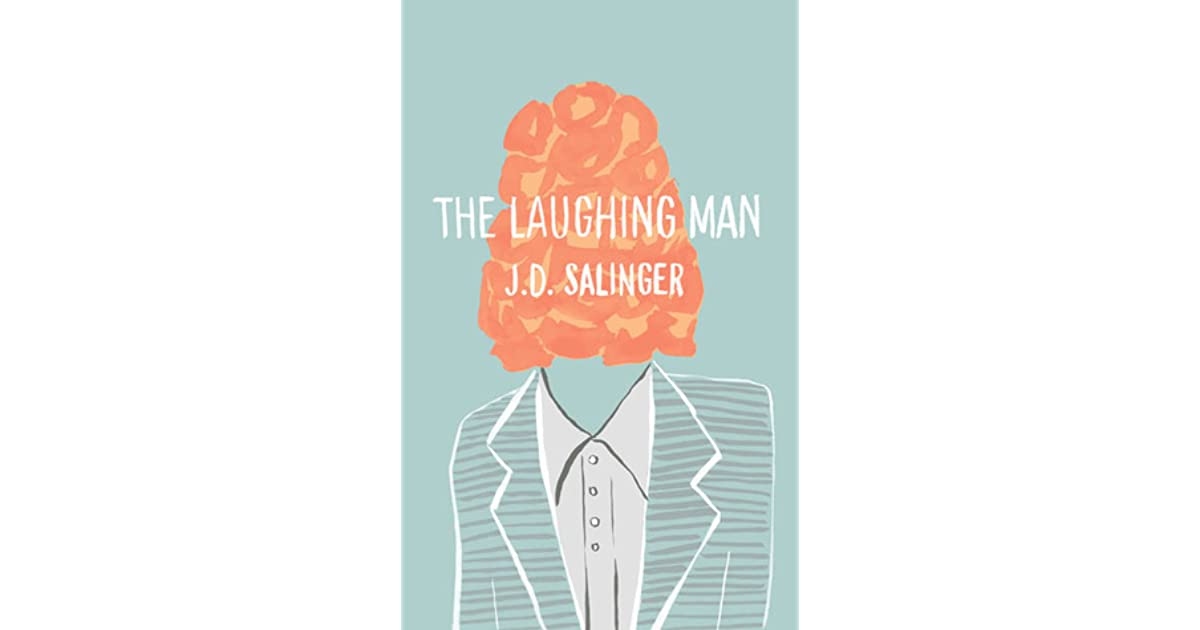
There’s something about the sport of baseball that lends itself to literary pursuits. Perhaps it’s the languid pace of the game. The potential for success (and failure) hinging on a single pitch. The fact that the game, unlike others, has no official game clock or time limit, suggesting endless possibility.
Though it’s not new by any stretch, the 2011 novel “The Art of Fielding” by Chad Harbach is as good a dramatization of baseball—and other themes—as anything that has been written on the subject.
The novel centers around the players on a college baseball team at a small, liberal arts college in the Midwest, located along the shores of Lake Michigan in the “baseball glove that is Wisconsin.”
The baseball team is notoriously bad for a long time, until a certain main character, Henry Skrimshander, comes along and elevates them to something more, both as a team and as far as his individual potential is concerned. That is until a certain play happens, which sends Henry, the team—and the entire novel—into hilarious and heartfelt calamity.
But “The Art of Fielding” is a baseball novel only in the way that “Moby Dick” is a novel about whaling, which is to say, not very much. Baseball supplies some of the fuel that energizes the plot, but it’s the characters themselves who provide the emotional sustenance for the reader.
Speaking of “Moby Dick”, it’s helpful to understand the role that it plays in the book. The conceit is that Herman Melville, destitute and near the end of his life, embarked on a speaking tour of second rate colleges as a way to rehabilitate his reputation and to pay his rent. On this fictional speaking tour, he happens by Westish college, which doesn’t really exist outside of the world of the novel.
Attempting to increase enrollment and rehabilitate the college’s reputation, the modern-day Westish president, Guert Affenlight, alights on the minor historical connection between the college and Melville to reinvent the identity of the college. He does this by adopting the “Harpooners” as the college mascot, and places a large Melville statue in the middle of campus. It’s a loose, flailing connection that feels just right for the world of the novel.
The transformation of the college by the president takes place just before the arrival of the unlikely hero, Henry, who up until then was not someone the world expected to be a college student in the first place. Henry is assigned to room with Owen Dunne, a precocious student who is Harry’s opposite in every way. Owen, owing to Harbach’s genius, fancies himself “not not a master of litotes” every time Harry expresses any self-doubt over his baseball prowess. It’s these kinds of turns of phrase that make the novel something truly special.
If it feels like a novel solely about baseball, it isn’t. If it feels like a novel about Melville and literature, it isn’t. If it feels like a novel about quirky, memorable characters, it is, though it somehow includes just enough of those other things to make it a memorable and pleasurable reading experience that stays with you for a long time.




